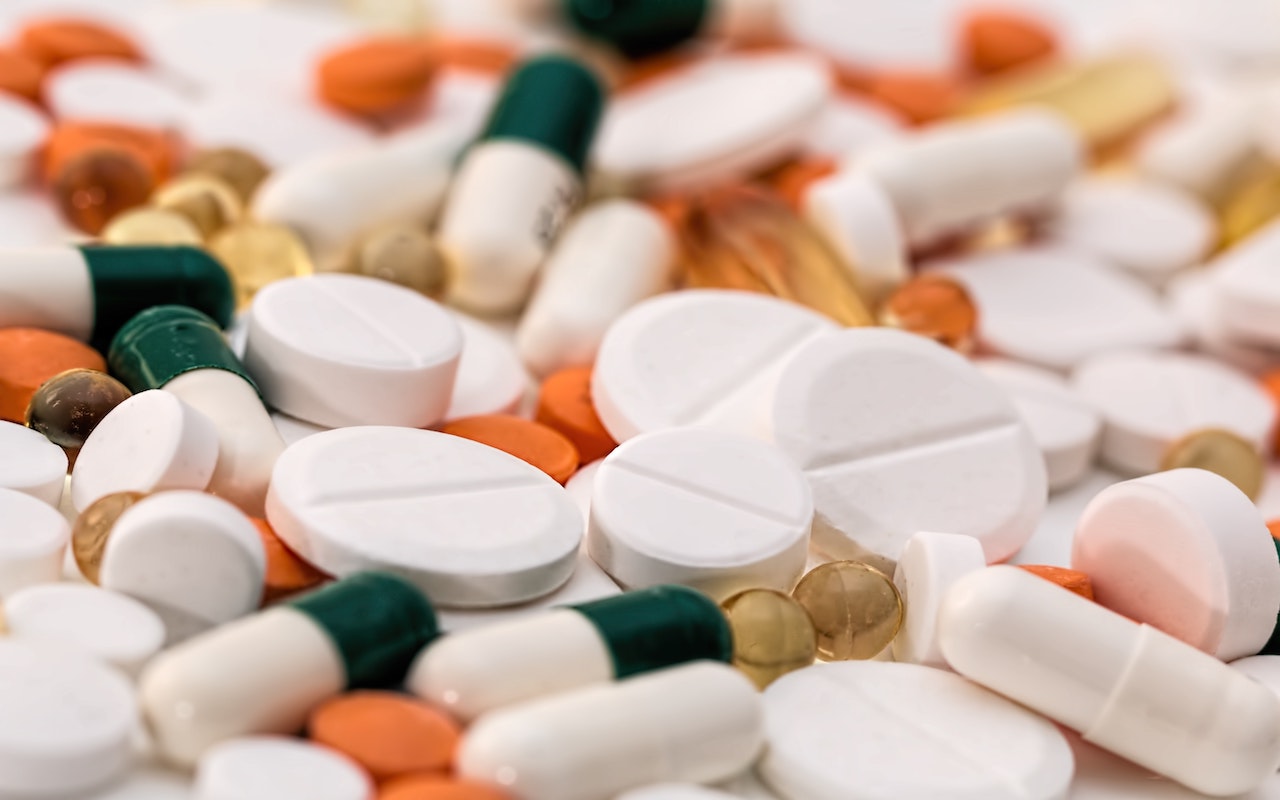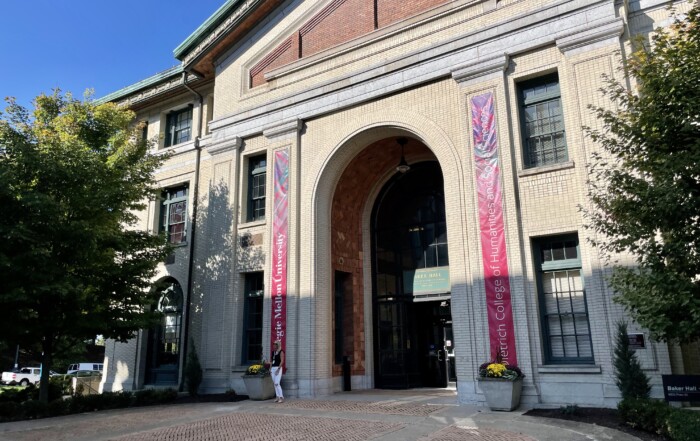College Admissions Tips and Guidance
Beware: Increased Prescription Drug Abuse on College Campuses

Explore Our Articles
Recent Posts
Popular Categories
Get In Touch
On Social
By Phone or Text
(617) 734-3700
By Mail or Email
1678 Beacon Street
Brookline, MA 02445
By Form
Educational Advocates
Our objective is to guide the family in finding options where the student will not only get admitted, but thrive and find success once on campus.
Beware: Increased Prescription Drug Abuse on College Campuses
Young adults ages 18 to 22 are the biggest abusers of prescription drugs. College students are twice as likely to abuse stimulant medications such as Adderall or Ritalin (which are used to treat ADHD) as those who do not attend college at all—or part-time students.
“Stimulant abuse is a hidden addiction,” said Michael Ferullo, a social worker with a private practice in Brookline. “Many college students use them to stay up late to study or write papers—but they don’t have a prescription.” Ferullo adds that students who abuse stimulants may be at risk for addiction to other drugs including opiates, pain relievers made from opium that result in an intoxicating high when used in high doses.
Prescriptions to pain medications with brand names like Vicoden, Oxycontin (with the active ingredient Oxycodone), and Percocet have increased fourfold in the last decade according to federal data. Mr. Ferullo states that these drugs are being overprescribed, resulting in many homes where medicine cabinets are filled with these drugs – giving teens easy access to sell or abuse them.

Prescription drug abuse is on the rise among college students.
What is frightening is that once addicted, teens sometime turn to heroin, a street drug that is less expensive and more easily accessible than prescription drugs such as Oxycontin. A Massachusetts Health Council Study last year found that the Boston-region ranked number one among 11 major metropolitan regions for emergency visits involving heroin use.
Abuse problems on college campuses of today go way beyond binge drinking. The National Center on Addiction and Substance Abuse at Columbia University found in a national survey of college students that use of drugs like cocaine and heroin is up 52 percent since the early 1990’s, with painkiller abuse up 343%–representing 240,000 college students.
Symptoms of Opioid Intoxication include:
- Analgesia (feeling no pain)
- Sedation
- Euphoria (feeling high)
- Respiratory depression (shallow or slow breathing)
- Small pupils
- Nausea, vomiting
- Itching or flushed skin
- Constipation
- Slurred speech
- Confusion or poor judgment
Source: webmd.com
For further information:
- Addictions Help Guide: http://www.helpguide.org/topics/addiction.htm
- Mass.Gov Behavioral Health Services: mass.gov
- Al Anon of MA: ma-al-anon-alateen.org
- Michael Ferullo is a psychotherapist in Brookline, MA with 25 years experience in treating addiction, including support for families. He can be reached at 617-739-2441








